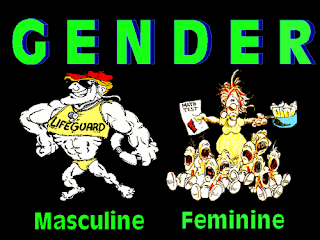Johann Wolfgang von Goethe
Goethe was thought to be the Shakespeare of German literature, he was also said to be the most important writer in German language, Johann Wolfgang von Goethe was also much more than just a poet though. He was defiantly considered to be a Renaissance man, mostly known for his writing but was very knowledgeable in all sorts of areas including, poetry, drama, literature, theology, philosophy, and science.
http://famouspoetsandpoems.com/poets/johann_wolfgang_von_goethe/biography
http://en.wikipedia.org/wiki/Johann_Wolfgang_von_Goethe
Short Biography-
-Born 1749 and died 1832 - Johann Wolfgang von Goethe probably came from a wealthy family because he received private tutors in a wide variety of subjects such as languages like, Latin, Greek, French, and English. On top of that he received dancing, horseback riding, and fencing lessons. Over time Goethe found himself not agreeing with the church thinking it was "hotchpotch of fallacy and violence". Around that same time he began to enjoy drawing quite a bit, he became very fascinated with puppet shows and really got into theatre and literature.
Career-
- Goethe originally was going to school to become a lawyer. When attending school there he earned a lot of credit for the poems he was producing on his free time. It wasn't really until 1773 when he became well known, this time period was known as the Sturm und Drang movement. During that time he released Götz von Berlichingen mit der eisenen. Eventually Goethe became very recognized for his influence on literature. He was invited to Weimar, where he would run many different political offices and still find time to focus a lot of his attention on poetry and writing.
Famous Poems
"COURAGE. by Johann Wolfgang von Goethe
CARELESSLY over the plain away,
Where by the boldest man no path
Cut before thee thou canst discern,
Make for thyself a path!
Silence, loved one, my heart!
Cracking, let it not break!
Breaking, break not with thee!
1776."
Where by the boldest man no path
Cut before thee thou canst discern,
Make for thyself a path!
Silence, loved one, my heart!
Cracking, let it not break!
Breaking, break not with thee!
1776."
Bust of Goethe;
"Über allen Gipfeln
Johann Wolfgang von Goethe Coin
"Über allen Gipfeln
Ist Ruh
In allen Wipfeln
Spürest du
Keinen Hauch
Die Vöglein schweigen im Walde.
Warte nur balde
Ruhest du auch
Goethe"
150th anniversary commemorative Coin

http://en.numista.com/catalogue/pieces9727.html
other work from group
Kelsey Kubiak
Johnson, Steven M
Zhi Bie
Kyle Louks
other work from group
Kelsey Kubiak
Johnson, Steven M
Zhi Bie
Kyle Louks






